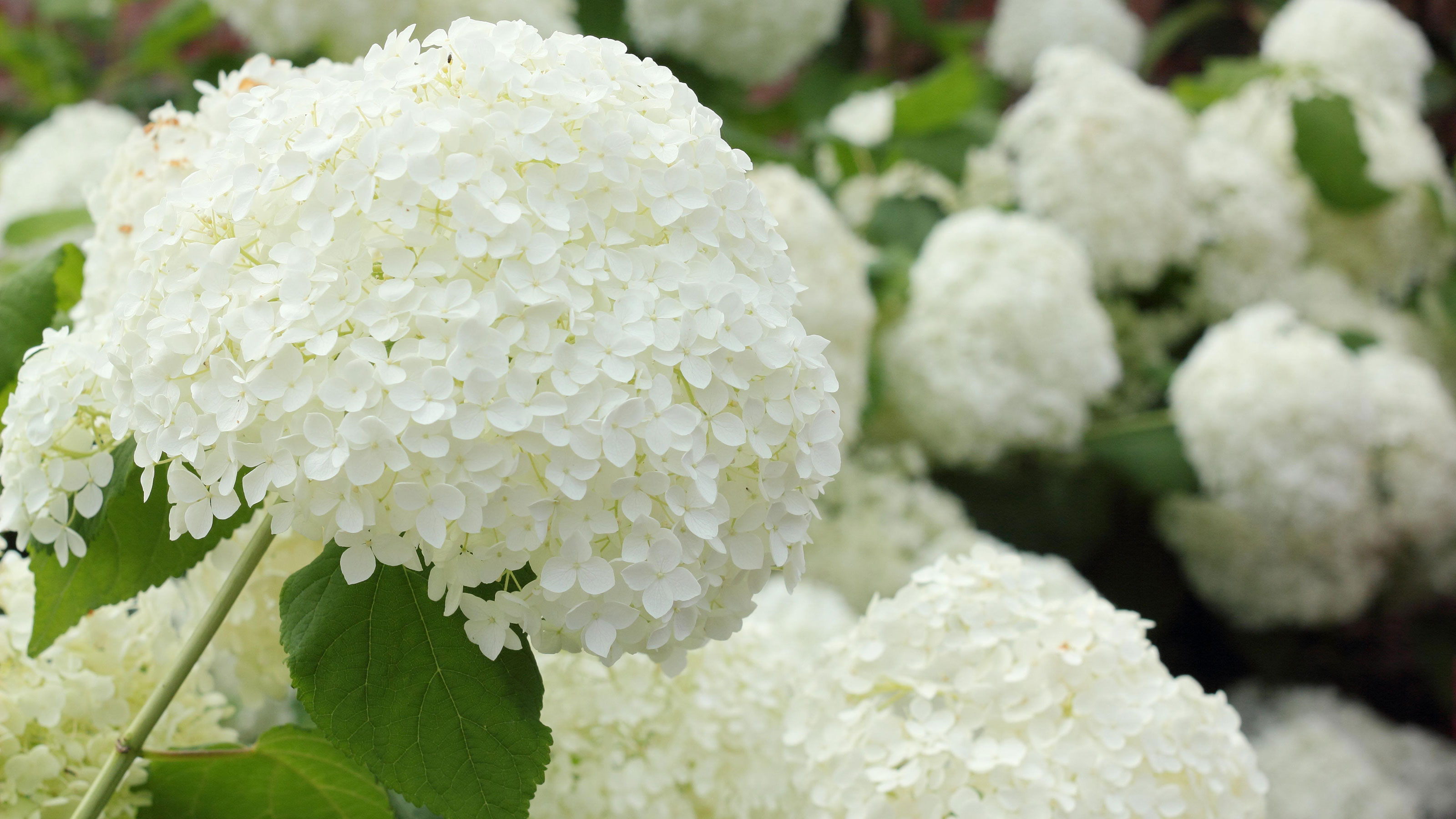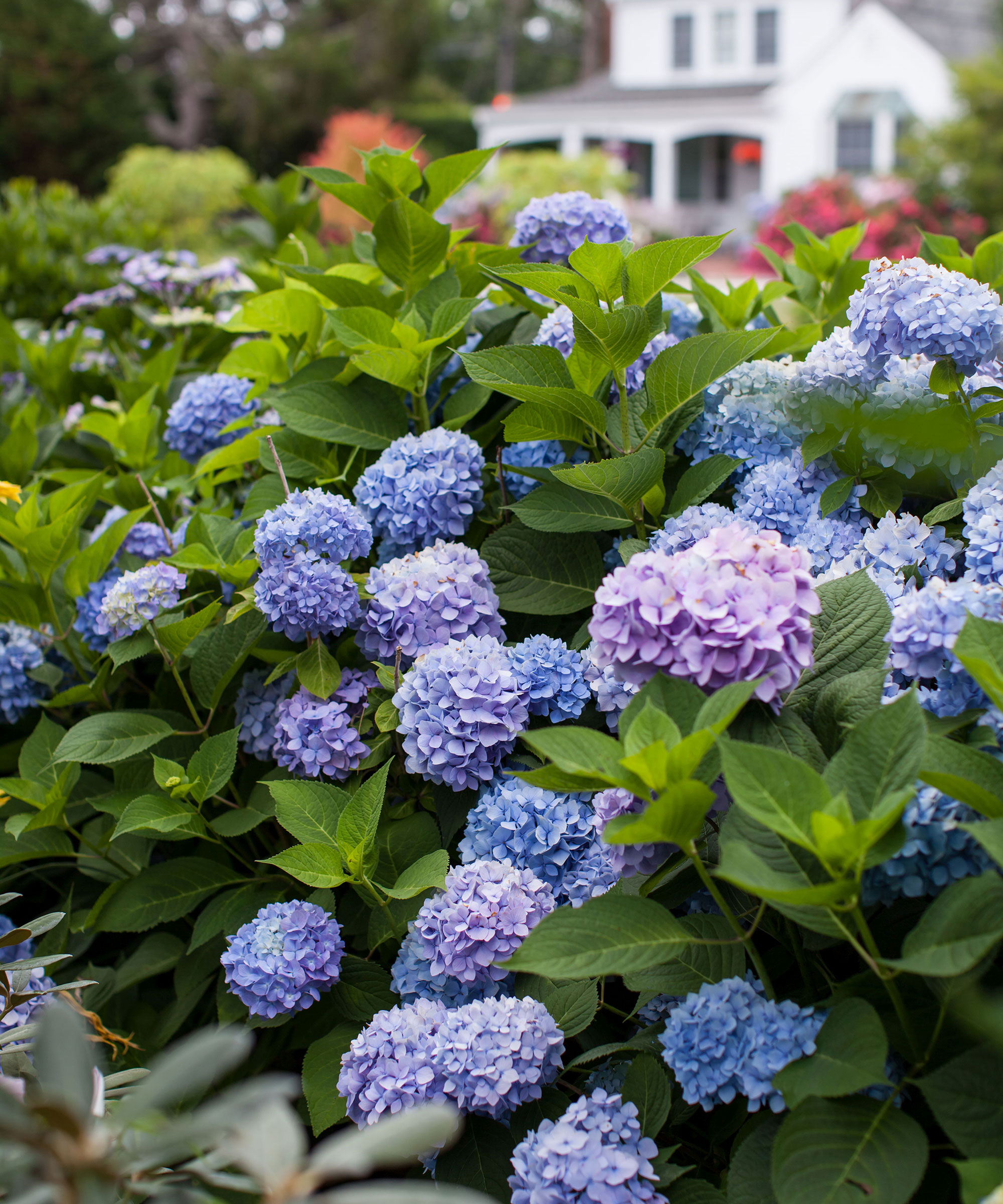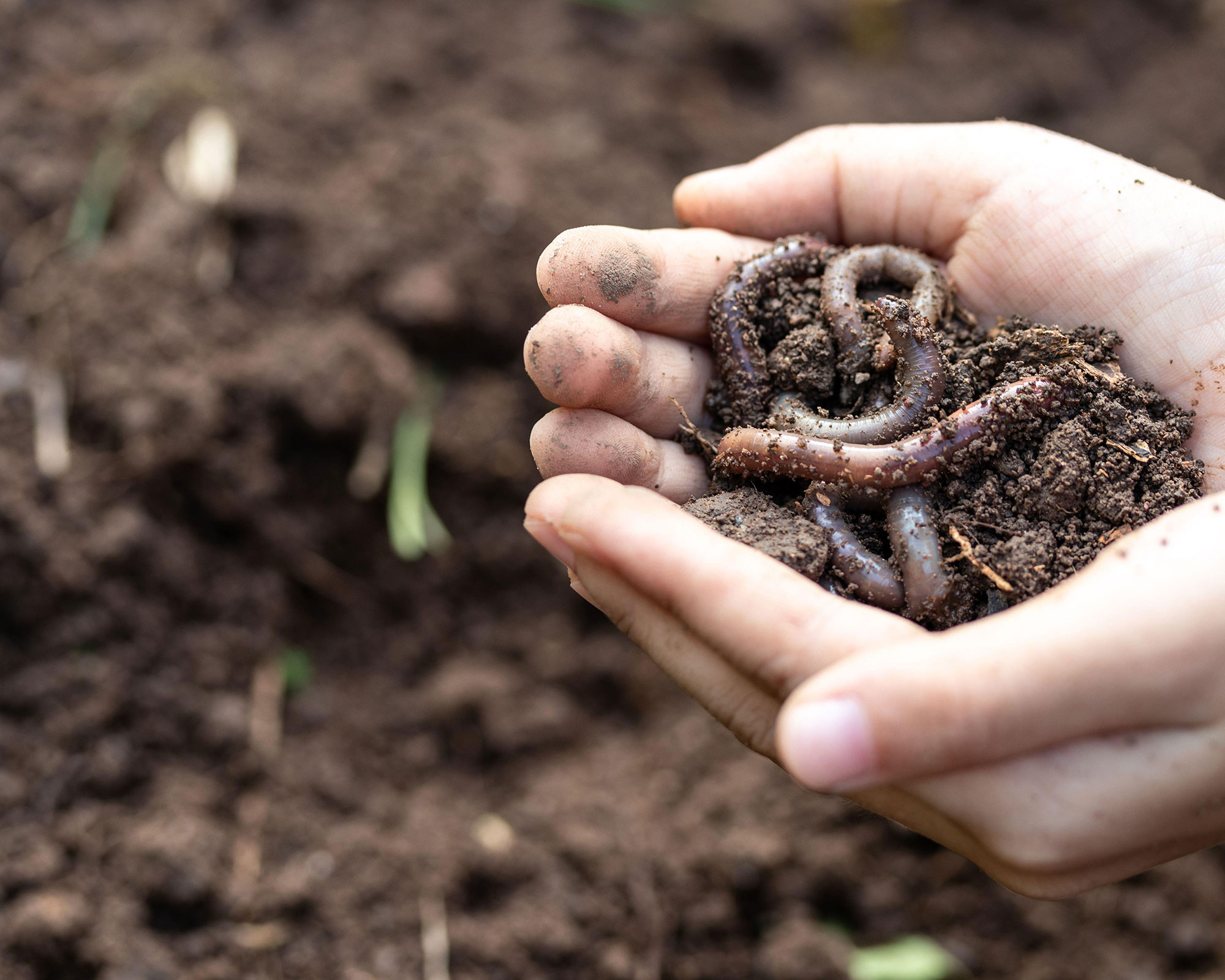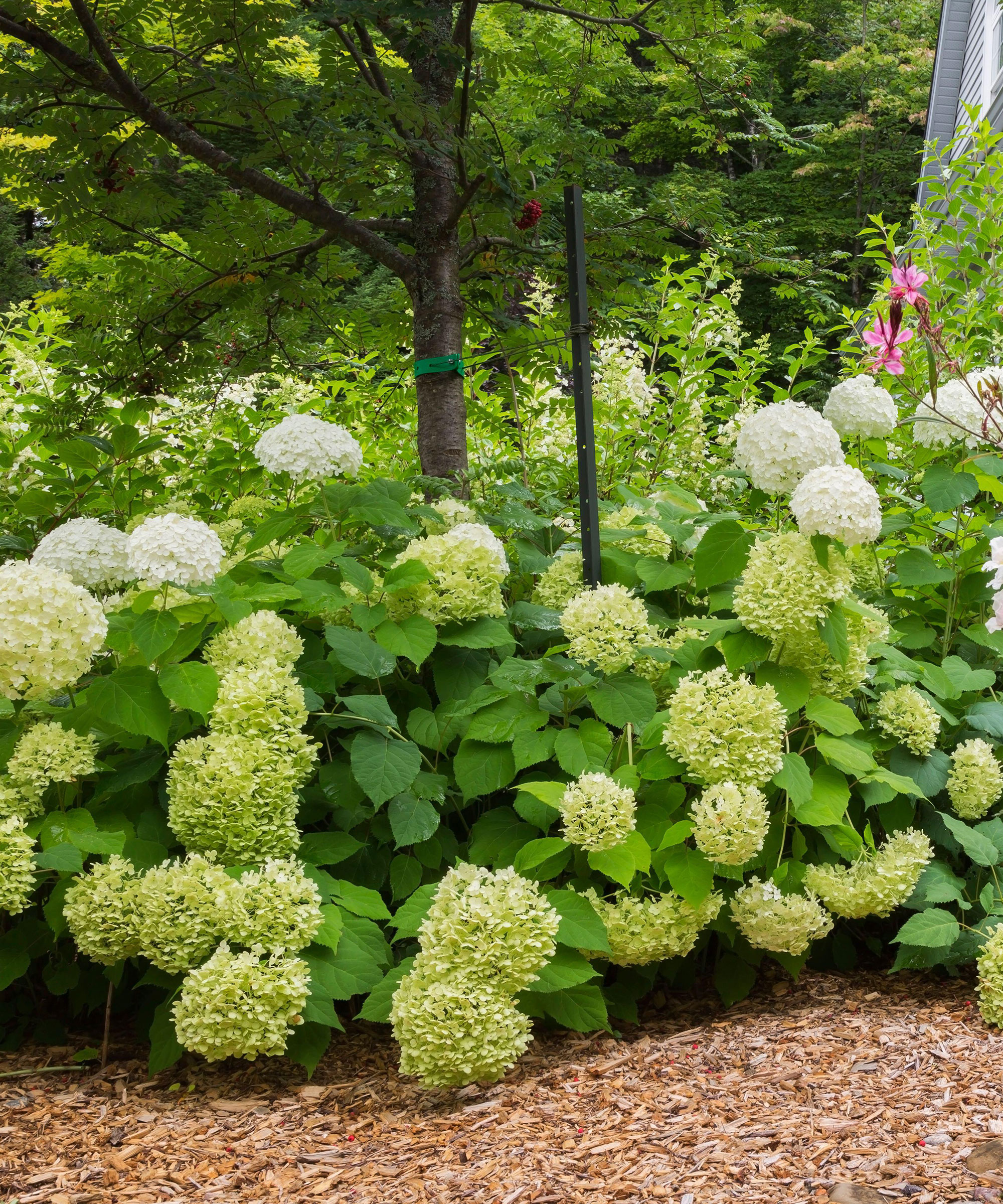Garden expert reveals a secret for improving the health of your hydrangeas
Forget fancy foliar feeds, the simplest way to improve the health of your hydrangeas this summer is the humble earthworm, says a gardening expert


Hydrangeas are such a staple of the late summer garden but often end up straggly and sickly instead of putting on a stunning display.
One gardening expert is saying that earthworms could be the answer to the problem, as they can give your hydrangea care a much-needed boost.
'Worms in the soil add fertilizer and micro-nutrients so maintaining a good, healthy soil structure will result in more worms and healthier plants,' explains Angela Slater from Hayes Garden World.
'Worms also maintain an open structure to the soil which enables the hydrangea roots to penetrate more easily and therefore access more nutrients.'

Using worms to improve hydrangea growth
If you want to grow outstanding hydrangeas with the help of worm activity, you need soil that will support these busy invertebrates, says Angela:
'Worms need oxygen so if you have heavy clay soil which often becomes waterlogged they will find it almost impossible to survive, so the first step has to be to improve the drainage.
'This can be done by incorporating masses of organic matter and horticultural grit into the soil, add home-made compost, well-rotted strawy farmyard manure, leaf mould and mini-chip bark.'
Double-dip in autumn and leave it exposed to the elements, as this will help to break it down.
Sandy soils, meanwhile, need a rich input of organic matter too – this is a good way to recycle spent compost from your garden planters, says Angela.

Mulch makes them happy
There are so many wonderful hydrangea varieties that will look brilliant in borders, but don’t forget the mulch is Angela’s advice.
'Every couple of years, bring in chipped bark, well-rotted farmyard manure or coco chips, and the worms will naturally break down the mulch and drag it down into the soil.'

Worms will take the nutrients from mulched materials back down into the soil to aid your hydrangea growth
Buy in earthworms for extra help
If you’ve done everything you can and the worms still aren’t coming, you may need to ship some in, particularly if landscaping with hydrangeas is a key element of your garden design.
Find a reputable online company; Angela recommends hortensis earthworms from Worms Direct UK, or you can buy live earthworms from Amazon too.
'The worms you get for a wormery are not suitable for gardens so you have to make sure that you buy earthworms,' she says.
'Once you have your soil in a healthy condition with plenty of worms it is important to maintain the structure by incorporating homemade compost, leaf mould or well-rotted farmyard manure every couple of years.'
Will you be trying this method for improving the health of your hydrangeas?

Jayne Dowle is an award-winning gardening, homes and property writer who writes for publications including Sunday Times Home, Times Bricks & Mortar, Grand Designs, House Beautiful and The Spectator. She was awarded the Garden Journalist of the Year accolade at the Property Press Awards in 2021.
